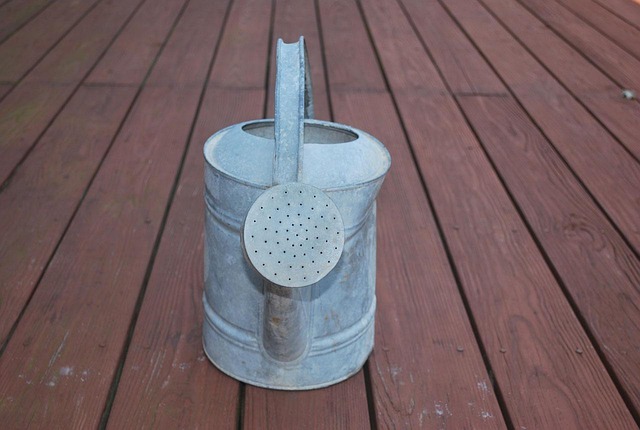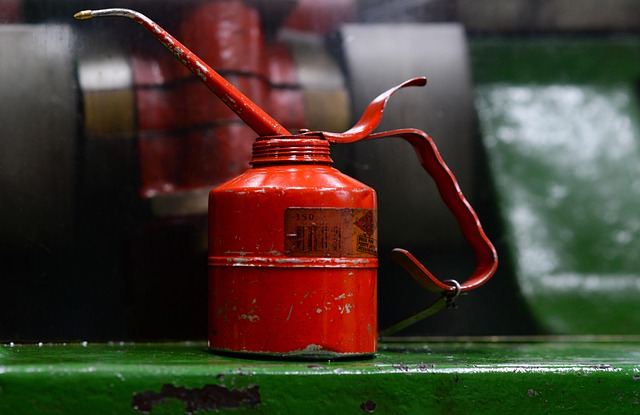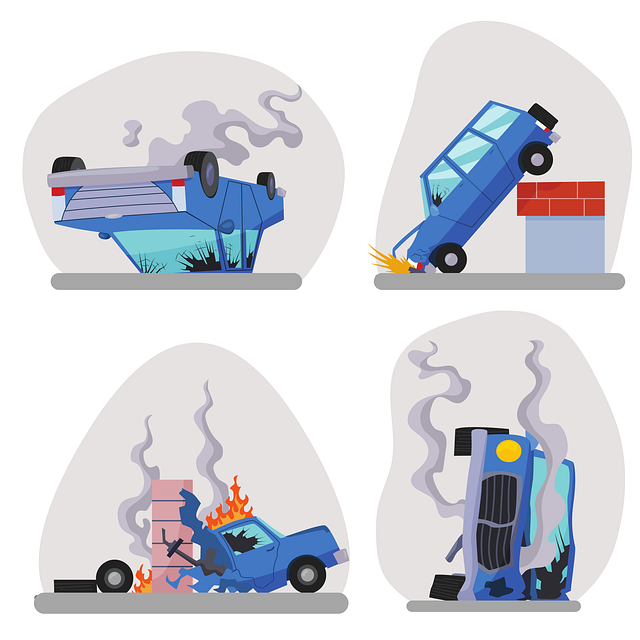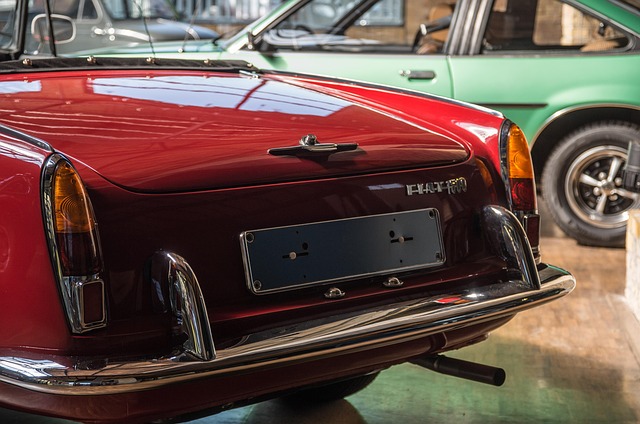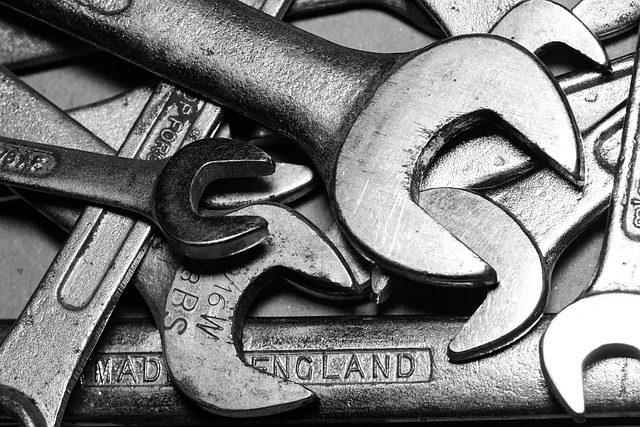Car crashes cause uneven force distribution, leading to varied damage across vehicle parts, including subtler issues like uneven tire wear or decreased fuel efficiency. While many overlook their impact, these "differential inspections collisions" can compromise handling, traction, and safety over time. Regular differential inspections by professionals are crucial for early detection of such hidden damages, ensuring optimal vehicle performance and restoring safety features after accidents.
“Uncovering the truth behind differential damage in car crashes is crucial for all road users. Many myths surround this complex issue, especially regarding differential inspection collisions. This article aims to demystify common misconceptions and provide a comprehensive overview of differential damage.
We’ll explore what differential inspection collisions are, dispel popular myths, and emphasize the impact and importance of regular differential maintenance for vehicle safety.”
- What is Differential Damage in Car Crashes?
- Debunking Common Myths About Differential Inspection Collision
- Understanding the Impact and Importance of Proper Differential Maintenance
What is Differential Damage in Car Crashes?
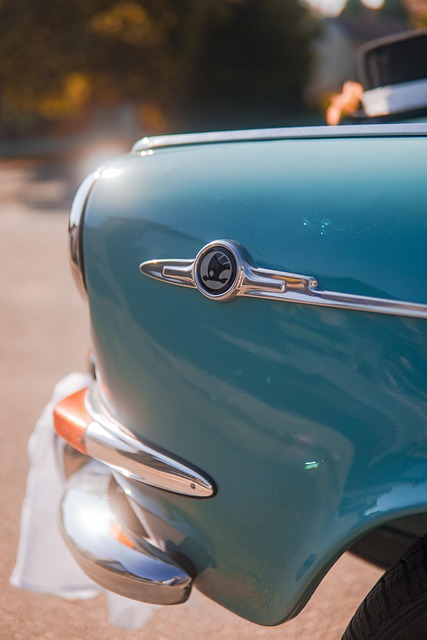
Differential damage in car crashes refers to situations where certain parts or systems of a vehicle sustain more severe injuries than others. This phenomenon occurs when the forces exerted during an collision are not evenly distributed, leading to variations in damage across different areas of the vehicle. For instance, while the front end might be severely damaged, the rear end may show minimal signs of impact.
Understanding differential damage is crucial for both drivers and automotive body shop services. It requires a thorough differential inspection collision analysis to accurately assess the extent of repairs needed. Collision repair specialists employ specialized techniques to identify hidden damage, ensuring that every component, from the chassis to the suspension systems, is inspected meticulously. This comprehensive approach guarantees that even subtle yet critical issues are addressed, promoting safety and longevity for all vehicle owners.
Debunking Common Myths About Differential Inspection Collision
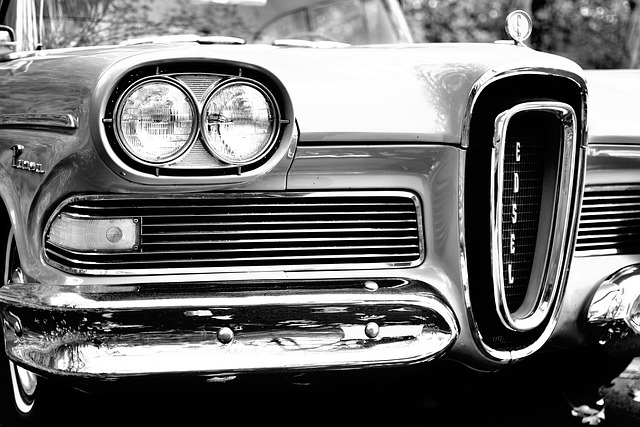
Many car crash victims believe that differential inspection collisions don’t cause significant damage or that they’re easily identifiable. However, these myths need to be debunked. In reality, a differential inspection collision can lead to subtle yet critical damage that might go unnoticed during initial observations. The differential, a crucial component of a vehicle’s transmission system, is designed to provide equal torque to each wheel, enabling smooth turning and stability. When involved in a crash, it can sustain injuries that affect its alignment and performance over time.
Unlike visible damages like cracked windshields or dented bodies, differential issues often manifest as uneven tire wear, unusual noise during driving, or decreased fuel efficiency. Car owners should not assume that the absence of major visible damage means their vehicle is unscathed. Regular maintenance checks, including detailed differential inspections, are vital to ensure optimal performance and safety on the road. Body shop services specializing in auto frame repair and car scratch repair can play a significant role in identifying and rectifying these hidden issues, ensuring your vehicle returns to its highest operating standards after an accident.
Understanding the Impact and Importance of Proper Differential Maintenance
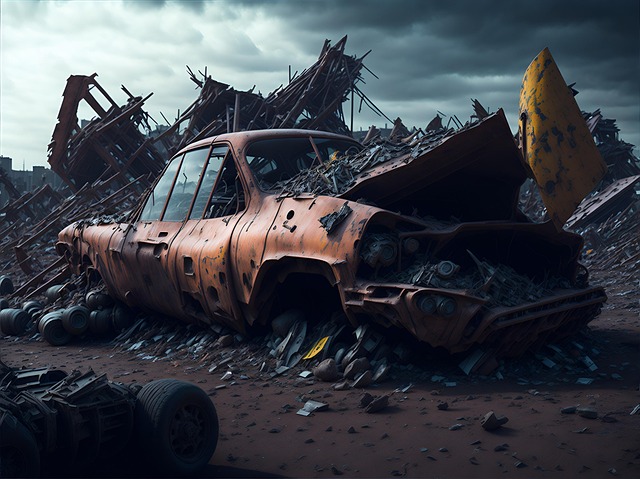
In the aftermath of a car crash, one often overlooked aspect that can significantly impact a vehicle’s performance and safety is the differential. A differential inspection is crucial, especially in collision scenarios, as it plays a vital role in how each wheel moves independently during driving. This mechanism ensures smooth cornering and maintains traction on varying road conditions. However, differential damage from collisions can lead to reduced handling, increased wear on tires, and even compromised safety features like traction control.
Proper differential maintenance is essential for any vehicle’s longevity. Regular differential inspections by a seasoned auto body shop or skilled mechanic can identify potential issues early on. These experts are equipped to handle differential repairs, ensuring your car returns to its optimal state after an auto collision repair. Remember, the differential’s health directly affects overall vehicle performance and safety, so addressing any problems promptly is key.
Differential damage, often overlooked during car crash investigations, plays a significant role in vehicle safety. By debunking common myths surrounding differential inspection collisions, we highlight the importance of proper maintenance and its impact on overall vehicle performance. Recognizing and addressing differential issues is crucial for ensuring driver and passenger safety, as well as optimizing vehicle handling and longevity. Understanding these facts can empower car owners to take proactive measures, leading to safer roads and reduced risks associated with differential inspection collisions.


